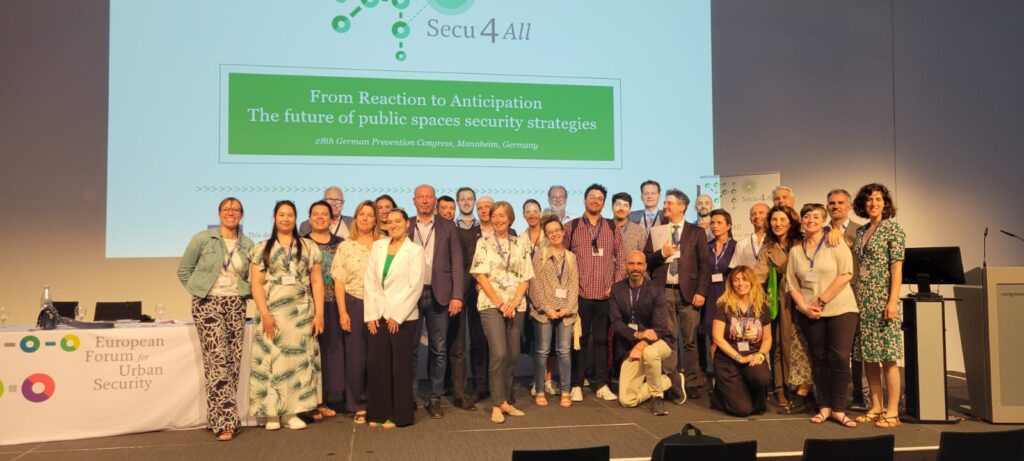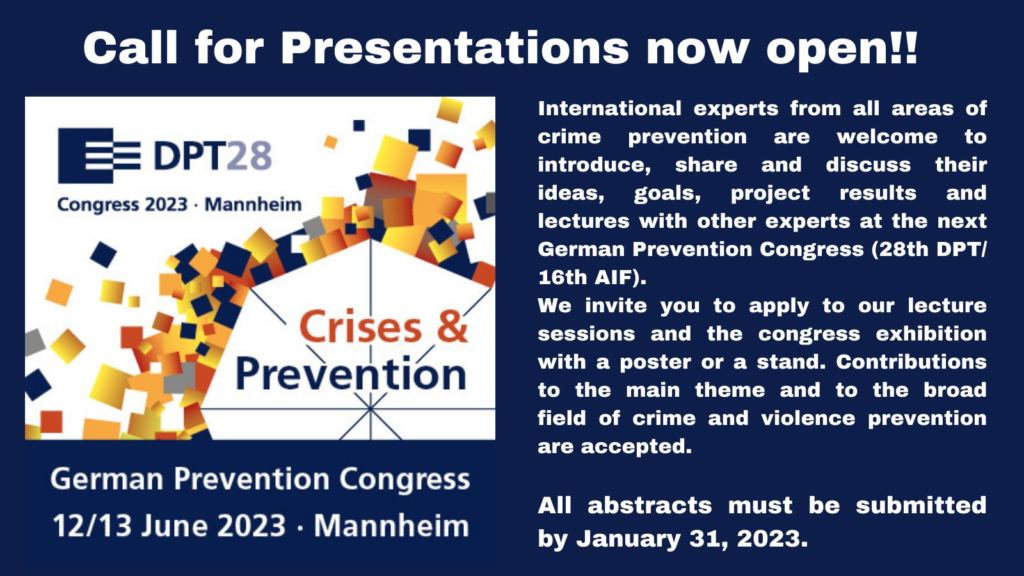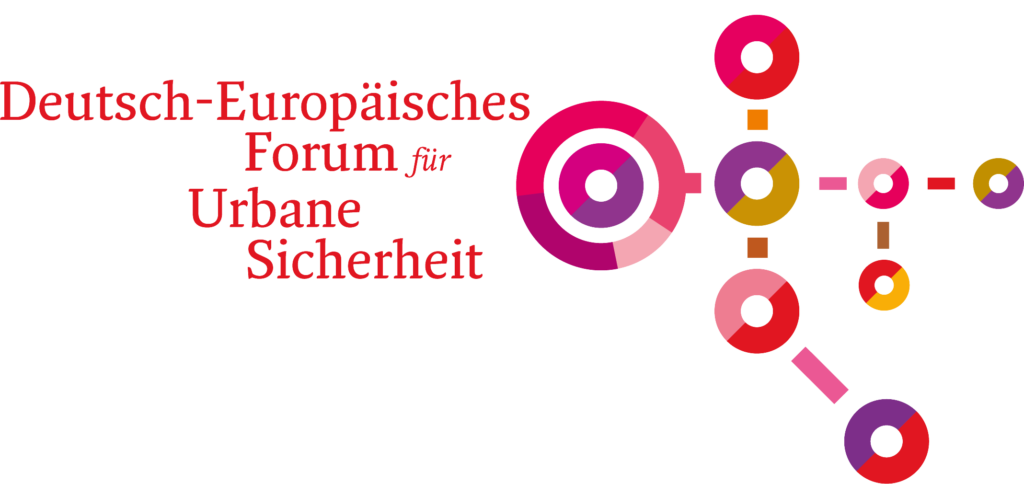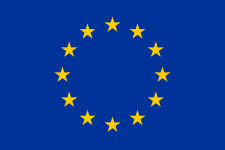
Training local authorities to provide citizens with a safe urban environment by reducing the risks in public spaces
Secu4All aimed to empower local and regional authorities with theoretical knowledge and practical tools to ensure the security of public spaces and the protection of soft targets (i.e. sports venues, shopping centres, schools,…) against potential threats. Specific training programs were developed in the following four areas: vulnerability assessment, crisis communication, innovative technologies & urban planning.
Context
Public spaces in cities are dense and rich places of exchange, culture, commerce and leisure, among others. Because they are highly frequented and have an open character, they can be subject to a number of threats, such as terrorism, crime, natural disaster or crowd gatherings. Ensuring that public spaces remain open, accessible, inclusive and safe is a complex challenge.
Local and regional authorities are well placed to design and manage safe public spaces with a co-production approach, involving a wide range of local stakeholders from the public and private sectors (urban planners, first responders, mobility services, local businesses etc.). To fulfil their role, local and regional authorities must be equipped with adequate skills and tools to coordinate actions and anticipate threats.
Project approach
The Secu4All project implemented a holistic approach that takes into account the potential threat of terrorism as well as other crimes and possibly forms of incivility in public spaces and soft targets that have a considerable impact on the security and feeling of insecurity of citizens. Furthermore, major crises (whether economic or otherwise) have repercussions for security, as security issues are deeply linked to those of social ties and cohesion. The COVID19 health crisis, with its socio-economic impacts, clearly attests to the need for a holistic perspective that allows cities to respond to the different risks and threats that may occur in public spaces. Through training local authorities and other local actors involved in the security and the design, management and planning of public spaces, the project intended to mainstream elements of prevention, protection, reaction and anticipation into urban security policies in order to ensure safer public spaces that remain open, accessible and inclusive for all users.
The security and management of public spaces involves a broad range of actors. This is why Secu4All promotes a multi-stakeholder approach and coordinates local actors, including law enforcement agencies, first responders, civil society organisations, private sector actors and community representatives.
Objectives
Training and exchange of practices are necessary to improve the capacity of local and regional authorities to develop coordinated actions and to be able to anticipate and prepare for future threats. This is why Secu4All aimed to empower local and regional authorities with theoretical knowledge and practical tools to ensure the security of public spaces and the protection of soft targets (i.e. sports venues, shopping centres, schools,…) against potential threats.
More specifically, with an integrated approach, the project will increase the knowledge and skills of local actors across four dimensions:
- Methods and tools to identify, analyse, and assess vulnerabilities in local public spaces and soft targets;
- Crisis communication with relevant stakeholders and citizens (before, during and after a crisis);
- Use of innovative technologies to enhance the protection of public spaces and its ethical implications
- Reducing citizens’ feeling of insecurity by means of urban planning design and management of public spaces
As for the project’s expected impact, local and regional authorities will be aware of their leading role in the security of public spaces. They will be better equipped to respond to the risks present in these spaces and will be able to anticipate and prepare for potential threats. In this sense, Secu4All will have provided the necessary tools for improved coordination and collaboration between the different actors involved in the security of public spaces and the protection of soft targets. Finally, the project will allow local and regional authorities to share good practices and lessons learned with each other.
Activities and results
The project’s objectives were achieved through the design of an integrated training programme, including:
- An e-learning platform with the training content in Italian, German, English and French for greater reach and sustainability of the project’s outcomes (more information here);
- 4 interactive training modules composed of online sessions, on-site practical exercises and case studies;
- Implementation of training for security and other relevant actors from more than 6 European cities (around 160 people);
- Development of guidelines and training material for each of the four modules;
- 4 field visits to cities with significant expertise in the protection of public spaces and soft targets in order to consolidate the knowledge and skills in relation to each training module;
- 3 local workshops;
- 2 European events.
The role of Efus
Efus coordinates the Secu4All project.
German Crime Prevention Congress 2023 – Call for Papers
In June 2023, the Efus participated in the 28th German Prevention Congress in Mannheim. During the event, Efus showcased its innovative Secu4All project, which aims to enhance security in public spaces through a pioneering approach. The Congress’s theme for that year was “Crises & Prevention,” which perfectly aligned with Efus’s mission to advocate for holistic prevention strategies and measures. Efus utilised the platform to emphasise existing research findings, solutions, and approaches that effectively tackle ongoing crises and contribute to safer urban environments.
Learn more here.

Call for Papers
International experts from all areas of crime prevention are welcome to introduce, share and discuss their ideas, goals, outcomes, projects, and speeches with other experts on the DPT 2023. You can apply with a lecture, information stand at the exhibition, or poster.
Deadline: January 31, 2023

Consortium
The Secu4All project was composed of a consortium of 13 partners, including:
- 4 local and regional authorities: Brussels Capital Region (Belgium), Riga Municipal Police (Latvia), City of Xábia (Spain), City of The Hague (Netherlands)
- 5 organisations and academic partners: European Organisation for Security-EOS, The Center for Security Studies-KEMEA (Greece), Dutch Institute for Technology, Safety & Security (DISSS), Dsp-groep Bv-DSP (Netherlands), CRIMINA centre of the Miguel Hernandez University in Elche (Spain)
- 3 national Fora : German, French and Italian Forum for Urban Security (DEFUS, FFSU, FISU)
Podcasts
A podcast series on the security of public spaces were produced to explore the current risks and threats affecting European cities’ public spaces and how to address and mitigate them.
Following a short introduction, the podcast discusses: vulnerability assessment – urban planning, design and management for urban security – communication in crisis management – technologies for security in public spaces.
Podcast 1 | Vulnerability assessment
In the first podcast, we discuss the connection between vulnerability and public spaces from an urban security perspective with Vivian Gravenberch from the Dutch Institute for Technology, Safety & Security (DITSS).
Indeed, before being able to ensure the security of public spaces, we need to know what and where the vulnerabilities are, by carrying out a vulnerability assessment.
How do we define vulnerability, and how can we identify and assess it? Who should take the decisions based on the assessment? How do we increase the resilience of public spaces? What about the feeling of insecurity?
Resources
- PRoTECT project:
- EU Quick Guide to support the protection of Places of Worship (May 2021)
- Safer Space for Safer Cities
- JRC Science for Policy Report Review on Soft target/Public space protection guidance
- CITY-WIDE PUBLIC SPACE ASSESSMENT TOOLKIT A guide to community-led digital inventory and assessment of public spaces
Podcast 2 | Urban planning, design and management for urban security
In the second podcast, Paul van Soomeren and Kaya-Malin Franke from DSP-groep, an independent institute for policy research and social innovation, answer questions, such as: How do you define security? Why do people feel insecure in public spaces? What is CPTED (CP-UDP?) And how can this approach reduce perceived insecurity?
Resources
- dsp-groep.eu
- CCI Factsheet on Crime Prevention through Urban Design
- Security by Design: SecureCity – 10 Rules of Thumb Urban Agenda for the EU
- Security by design for the Protection of Public Spaces
- Ethical, legal & social issues impacting Crime prevention through urban design and planning
- Planning Urban Design and Management for Crime Prevention Handbook (EN)
- Urbanisme conception et gestion des espaces pour prévenir la malveillance Manuel (FR)
- Guide to the integration of security systems in public spaces – Brussels-Capital Region
- Better street lighting alone won’t make our cities safer for women
Podcast 3 | Communication in crisis management
In the third podcast, Christina Karafylli from KEMEA, the Hellenic Center for Security Studies answers the following questions: What should a crisis communication team look like? How should a crisis communication team prepare for a crisis? What are the key elements of communication during and after a crisis? How to make sure the communication is consistent, it relies on verified facts, and is coordinated?
Podcast 4 | Technologies for security in public spaces
In the fourth podcast, Francisco Javier Castro, Assistant Professor and Researcher at Crimina Research Center for the Study and Prevention of Crime, Maguelone Laval and Giacomo Bianchi, Project Officers at EOS, The European Organisation for Security, will cover questions, such as: Can technology help to make public spaces safer? Which threats can be prevented or detected by technology? What are the main challenges for local authorities when adopting technology to protect their public spaces? How can we deal with the ethical problems that the use of technology can entail? Does technology for more security and safety outweigh privacy rights?
Resources

German European Forum for Urban Security
and Lawrence Schätzle.
The information and views set out in this podcast are those of the author(s) and do not necessarily reflect the official opinion of the European Union.
Duration
December 2020 – June 2023
Contacts
Pilar De La Torre, Programme Manager – delatorre@efus.eu
Ilyana Skalli, Programme Manager – skalli@efus.eu

The project was funded by the European Union’s Internal Security Fund — Police.

